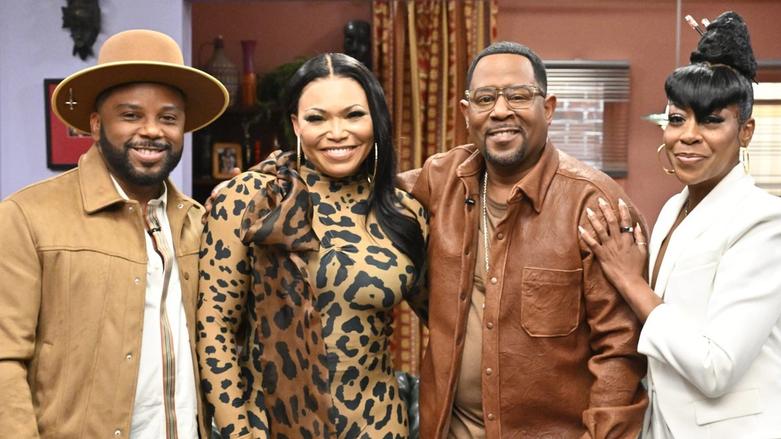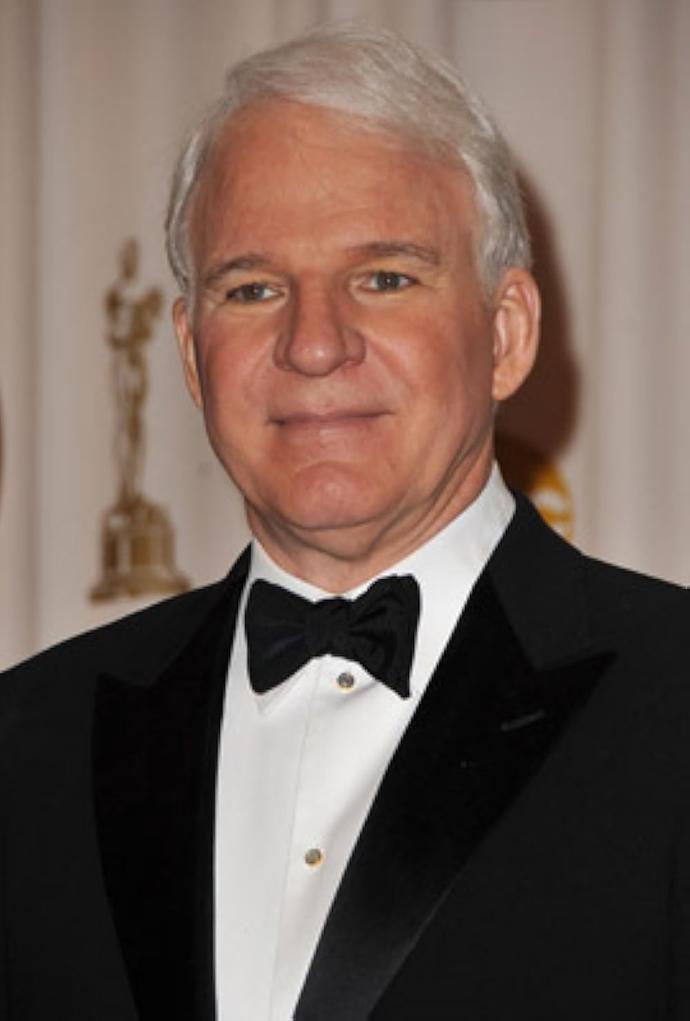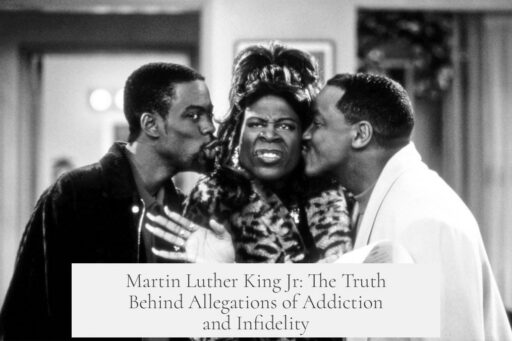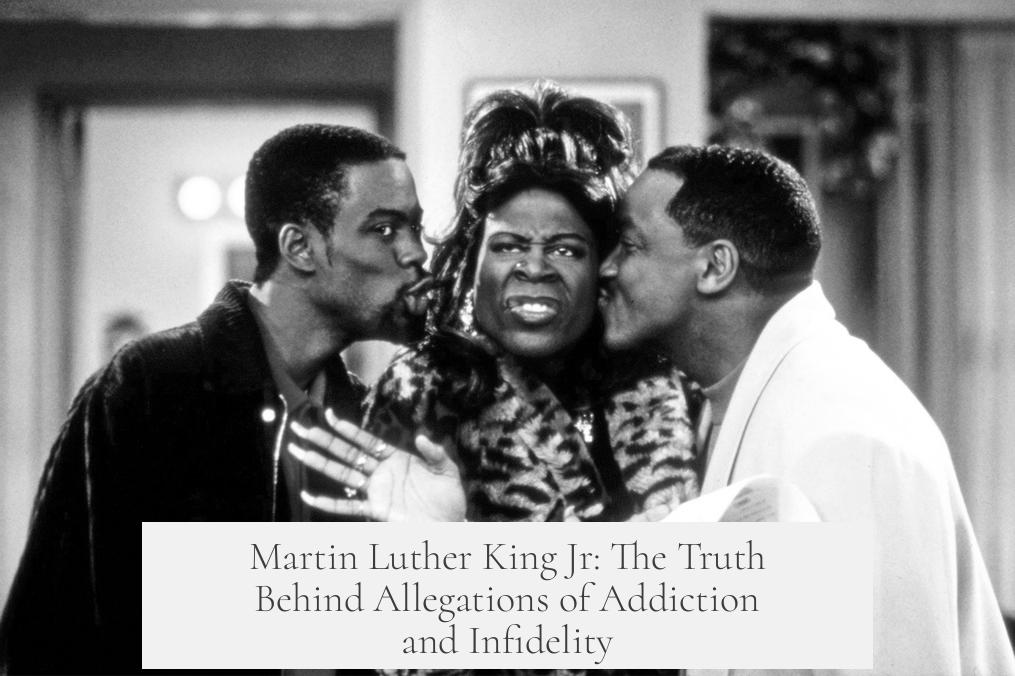Martin Luther King Jr. was not a drug and alcohol addict who committed adultery in any verified or credible sense. Allegations of this nature originate primarily from the FBI’s surveillance campaigns, which sought to discredit him amid his civil rights activism.

The FBI openly monitored King during the 1960s, under J. Edgar Hoover’s direction. This agency held deep hostility toward King’s push for racial integration and equality. The FBI employed tactics intended to undermine his reputation, including the release of misleading information about his personal life. It once sent an anonymous letter urging King to commit suicide. These hostile efforts shape much of the origin of claims regarding his alleged immoral behavior.
The source of many damaging narratives was an institution that had historically excluded Black individuals from full participation and whose motive was political sabotage. Media coverage and government leaks often reflected this bias rather than objective truth. As such, skepticism is required when encountering sensational claims about King’s conduct.

Historians approach King’s legacy carefully, acknowledging his humanity while separating unproven rumors from fact. This approach mirrors the scholarly evolution around other historical figures like Thomas Jefferson, where new evidence complicates earlier sanitized portrayals. Scholars emphasize understanding the intent behind disparaging reports and caution against accepting them at face value.
Jeanne Theoharis, a prominent King scholar, stresses the importance of not focusing merely on personal flaws in isolation. Instead, it is vital to consider what accusers aim to achieve with such claims. Demonizing King detracts from the substantive struggles he led and the ongoing relevance of his work.

King’s legacy is complex and cannot be reduced to simplistic character attacks. Proper historiography welcomes nuanced views recognizing both strengths and weaknesses, while challenging attempts to mythologize or demonize him unfairly. His life and leadership remain a cornerstone of the civil rights movement, shaped by the social and political pressures of his era.
- Claims of drug and alcohol addiction or adultery largely stem from FBI efforts to undermine King.
- These allegations are tied to political and racial hostility during the civil rights era.
- Historians urge cautious evaluation of sources and motives behind such accusations.
- King’s full humanity includes flaws but should not obscure his transformative impact.
- Respectful historiography balances truth with context and ongoing social relevance.
Was Martin Luther King Jr Really a Drug and Alcohol Addict Who Committed Adultery?

Let’s get straight to it: The claim that Martin Luther King Jr. was a drug and alcohol addict who committed adultery mainly comes from hostile sources, especially the FBI, who relentlessly surveilled and tried to tarnish his reputation. These allegations are more propaganda than proof, often weaponized to discredit a man who challenged the status quo.
King was no saintly robot. He was a human being navigating enormous pressures — public, political, personal. But before accepting these sensational accusations as gospel, it’s crucial to understand the origins and motivations behind them.

A Man Under Siege: The Historical Context
Martin Luther King Jr. lived in a time when white America largely opposed his message of racial equality. He wasn’t just controversial; he was a threat to entrenched power systems. The government, especially the FBI under J. Edgar Hoover, kept King under intense surveillance. The FBI even went as far as sending King disturbing letters urging him to end his life.

Does that sound like the treatment of a respected leader? Not quite. It points instead to a deliberate campaign to tarnish King’s image. The same bureau that created chaos often fed salacious and unverified “dirt” to the public.
Where Do These Allegations Come From?

A big chunk of the negative claims originated from an organization that only accepted Black men into its ranks decades late — nearly 60 years after its start. The FBI, for example, actively sought to spy on, discredit, and destabilize King. Several of the allegations didn’t appear through impartial journalism but from biased government efforts.
This fact throws into sharp doubt the credibility of accusations like drug addiction and adultery. They weren’t just random rumors; they were part of a politically motivated smear campaign during the civil rights movement.
Media and Government’s Role in Shaping King’s Reputation
What you hear about Martin Luther King Jr.’s alleged personal failings is often filtered through media outlets and government agencies antagonistic toward integration and Black Americans’ rights. The press of the era didn’t always cover King fairly; instead, the narrative was sometimes twisted to undermine his influence.
Think of it this way: When your opponent controls the megaphone, your faults become exaggerated and your virtues dismissed.
The Challenge of Historiography: Understanding Complexity
Historians constantly debate how to interpret past figures. In King’s case, it’s tempting to either lionize or vilify him. But the truth is messier. Just as historians came to accept Thomas Jefferson’s complex legacy over time — recognizing his achievements while grappling with uncomfortable truths — the story about King requires the same nuanced approach.
We must ask ourselves: How much are these narratives colored by political agendas? How much evidence supports them? History demands skepticism and evolving perspectives rather than blind acceptance.
Ethical Reflections: Why Dig Into Unflattering Details?
Professor Jeanne Theoharis warns about what we hope to achieve by highlighting King’s alleged moral failings. If the goal is to diminish his legacy or stall progress on social justice, then we must be wary. If the goal is honest understanding, we still need to place his actions and allegations in a wider socio-political context.
King’s contributions to civil rights, nonviolence, and justice far outweigh the attempts to define him by alleged personal weaknesses — especially ones stemming from politicized sources.
Beware of Mythologizing or Demonizing
We often reduce civil rights heroes like King to caricatures — either flawless saints or deeply flawed villains. This oversimplification does a disservice. It strips them of their humanity, making them less relevant for today’s struggles.
Theoharis suggests that by turning King into a “Thanksgiving Day parade balloon” — big, happy, but hollow — we lose the real substance of who he was and what he stood for. Real change requires engaging with the whole person, complexities included.
What Does This Mean for You?
So, if you ever encounter claims that King was a drug addict or adulterer, ask yourself the tough questions:
- Who benefits from spreading these stories?
- What evidence supports or refutes them?
- How does this fit into the larger political or social context of his life?
Remember: The fight for equality was a dangerous endeavor, and misinformation was one weapon used against warriors like King. His legacy is not a clean, simplified tale but a testament to courage, vision, and human complexity.
Summary Table: Fact vs. Fiction on King’s Alleged Vices
| Claim | Source Credibility | Context | Historical Consensus |
|---|---|---|---|
| Drug and Alcohol Addiction | Primarily FBI surveillance reports and hostile media | Part of smear campaign | No conclusive, unbiased evidence |
| Adultery | Allegations surfaced mainly from FBI files | Used to discredit King during civil rights movement | Contested and politically charged; lacking full proof |
| King’s Moral Character | Complex, with personal imperfections as expected in any human | More nuanced than simple hero/villain labels | Celebrated for leadership and vision despite human flaws |
In closing: Martin Luther King Jr. was neither a perfect saint nor the villain some portray him to be. His legacy represents the struggle of a man and a nation. Allegations regarding addiction or adultery need careful examination and should not eclipse the monumental impact King had on civil rights and social justice. Always question the source, examine context, and think critically.
After all, history isn’t a gossip session. It’s a guide, if we choose to listen properly.
Was Martin Luther King Jr. truly a drug and alcohol addict?
Allegations about King’s drug and alcohol use mainly come from the FBI, which actively sought to discredit him. There is no conclusive evidence supporting claims of addiction. These claims should be viewed with skepticism due to their source.
Did Martin Luther King Jr. commit adultery?
Claims of adultery stem largely from surveillance by hostile agencies. Historians acknowledge complexity in King’s personal life but advise caution in accepting unverified accusations that come from efforts to smear him.
Why are these allegations about King so prevalent?
The FBI and some media outlets aimed to undermine King’s civil rights work. These narratives were part of broader resistance to integration and racial equality during his lifetime, reflecting political and racial hostility.
How should we interpret controversial details about King’s personal life?
Historians stress the importance of context and motive behind allegations. Focusing solely on scandals ignores King’s role and the social struggles he faced. Ethical history embraces complexity without demonizing.
What is the impact of mythologizing or demonizing King?
Turning King into a flawless symbol or focusing only on his flaws makes it harder to understand his full humanity. It risks making him irrelevant to current social justice struggles by ignoring the real challenges he confronted.


